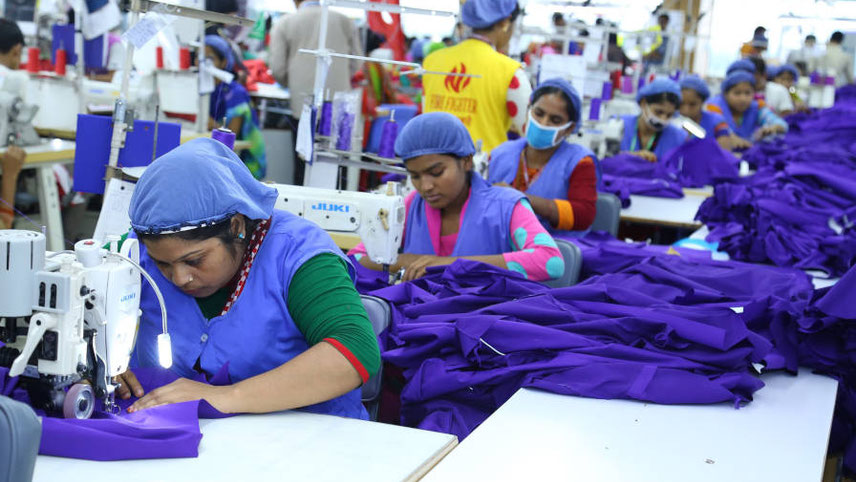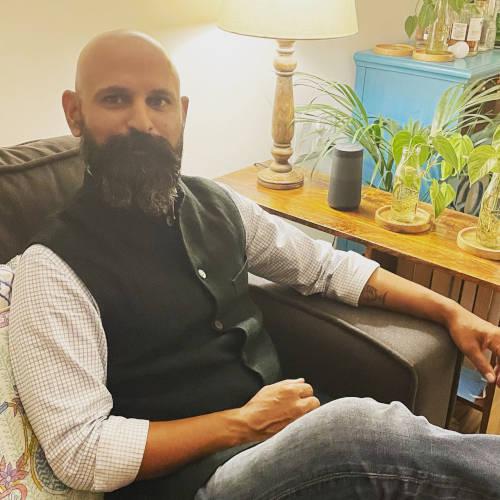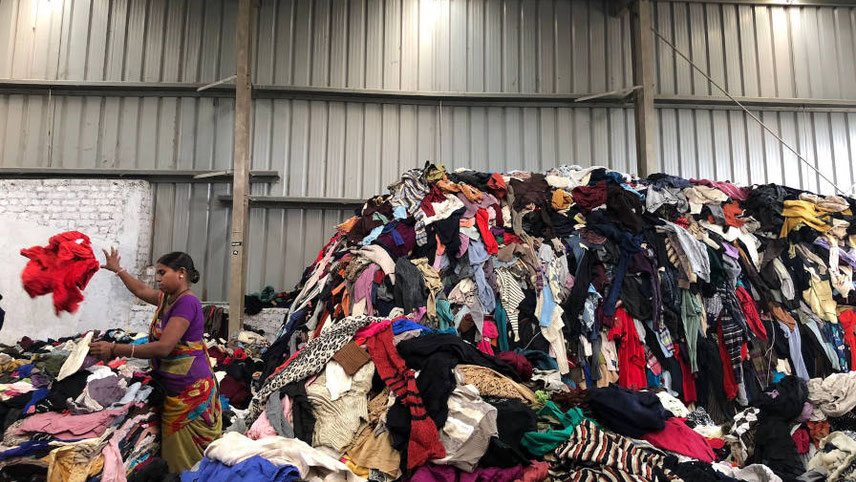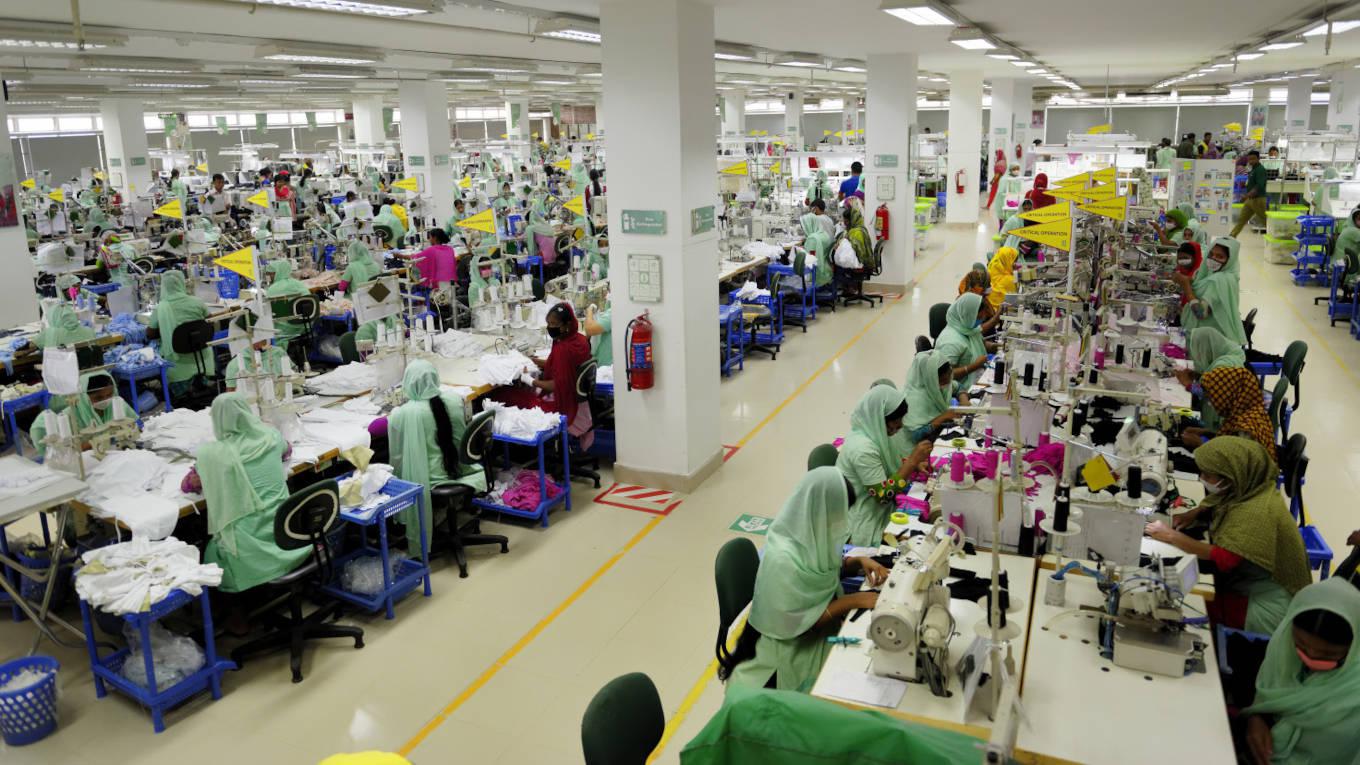-

The industry lacks an infrastructure to deal with textile waste
The industry-led body has over the years, partnered with a host of like-minded organisations with whom it is building a body of work spanning the ecosystem. For example helping identify the key circularity levers and mapping them against policy interventions that needed design (a policy-led programme in partnership with Centre for Responsible Business) and building a body of evidence on how designing for inclusion into circular business models can help deliver both ecological and social outcomes (a collaboration with Netherlands-based The Laudes Foundation).
Over the last three years, CAIF has been actively working with over 15 Indian and global brands through different pilots and initiatives, and has identified and mapped over 400 innovators across different dimensions of circular economy relevant to the textile and fashion industry. CAIF aims to have 50 to 60 partners in India and globally in the next 2-3 years and expand its presence beyond India and Bangladesh to others parts of the world especially global south economies like South Asia, like Sri Lanka and Nepal; East African countries like Kenya, Tanzania and Ethiopia and South East Asian countries like Indonesia and Vietnam.
The T&A platform is targeting these regions because they are critical from the global value chain in the fashion industry. They are critical since global south accounts for a significant amount of manufacturing for the global value chain of the global industry. For example, India is one of the biggest importers of textile waste from the US and the Europe. The country recycles it and sends it back. Besides, more than 50 per cent consumption of fashion and apparel is in global south. Global South is economies outside the developed economies like the US and the Europe.
“With the global south economies being significant contributors to sourcing, manufacturing, exports, recycling and consumption, in the complex global value chain, it was crucial for the global south to have a voice and a seat at the table. While there was growing momentum globally (especially in Europe) from individual organisations, we saw an opportunity in taking an ecosystem approach that will not just surface the dots (gaps and stalemates) but also help connect the dots (mobilising capital, knowledge and networks to build the ecosystem) in interesting ways for impact to happen at scale. More importantly, while the dominant narrative globally around circular economy emphasises economic and ecological value creation, CAIF aims to alter this narrative that also includes how we ensure no individual or group is left behind on this path towards progress,” explains Kotamaraju.
CAIF is looking to make the work of the apparel, textile and the fashion industry more sustainable (resource efficient, resilient and responsible) through reducing carbon emissions (both avoidance and removal), while creating green and circular jobs for those employed across the value chain. Some of the partner brands and manufacturers have very clear and ambitious targets like for e.g. moving to recycled water usage (away from fresh water) by 70-100 per cent between 2025 and 2030, eliminating energy usage and consumption by 30-50 per cent by 2030, replacing virgin material usage with recycled material use by 50-70 per cent by 2030 etc.
-

Kotamaraju: building the ecosystem
World changing companies
In the last three months, the industry platform has created a showcase of circular innovations and sustainable innovations to at least 60 suppliers of the top 3 brands and manufacturers. In fact, it has recently entered into partnership with IKEA Foundation along with Enviu (the Netherlands-based social organisation that together with partners, builds world-changing companies that address social and environmental issues) to support innovative interventions that are designed to not just deliver on environmental outcomes but also help create green livelihoods. Through this partnership, CAIF is looking to build a circular textile waste management model in the next five years. The IKEA Foundation is funding the initial and seeding phase of the five-year project, which will be implemented as a joint initiative of Enviu and CAIF.
In the next five years, the programme aims to deliver on clear outcomes, one, on environmental outcomes, it is looking to divert 20 million kg of textile waste away from the landfill and help recycle them and find its way back into the value chain. By recycling it and reclaiming value from the textile waste, the project is reducing the dependence on natural resources by replacing some amount of virgin material with recycled materials. Through this programme, CAIF is looking to create at least 5,000 new green jobs for base workers. In the first phase of this ambitious programme, Enviu and CAIF will be seeking partnerships with manufacturers, brands and innovators to scale and replicate solutions to manage textiles waste; as well as NGOs and other civil society actors to build skills and capacities amongst the waste workers in India.
Creating better livelihoods
“The IKEA Foundation has always worked towards supporting people living in underserved communities to afford a better life. There is huge potential in the textile waste sector not only to become more sustainable but also to create better livelihoods for a large number of people at the bottom of the pyramid. We believe that green and circular entrepreneurship in India’s textile waste sector offers an opportunity for vulnerable workers to lift themselves out of poverty while protecting the planet. That’s why we are happy to be part of this initiative,” says Vivek Singh, Head of Portfolio - Employment and Entrepreneurship, IKEA Foundation.
Avers Ankie Van Wersch, CEO, Enviu, “We believe building impact-driven companies that prove and showcase it is possible is key to achieving a new normal: a textile industry that serves people and planet. Enviu’s top-down impact-driven venture building approach, combined with CAIF’s bottom-up ecosystem building amongst waste workers is a winning combination, maximizing impact. We look at the obstacles to change in the textile industry and fill in the gaps with new ventures, while CAIF starts from the capabilities of the waste workers. The ventures we build create income for the waste workers. I have seen the impact our circular ventures create on families first-hand.”
-

Textile and apparel manufacturing is considered second most polluter globally
It may be noted that India is one of the world’s largest textile producers and importers of used clothing, but lacks an infrastructure to deal with textile waste, leaving an estimated 4 million informal waste workers trapped in low-income, unreliable jobs. Enviu and CAIF, together, will build capacities and skills amongst these waste workers, and build successful circular enterprises to reclaim value from textile waste. This will reduce the environmental impact of the clothing industry while enabling the workers to increase their incomes and afford a better life. India is the one of the largest employers of workforce in textile and apparel, only next to the agriculture sector.
CAIF has also been partnering with Lakme Fashion Week for the last two years to co-create and develop two initiatives – Circular Design Challenge and Circular Changemakers. It firmly believes that a credible dent on any of the 2030 SDGs isn’t possible without the role of the private sector. Through the body of work so far and a host of interested and willing partners, the industry body is already shaping work beyond just India.
In Bangladesh, it is building local and indigenous capacity within the apparel manufacturing sector for recycling of blended textiles waste (collection, sorting and recycling) and establishing an ethical and traceable collection mechanism for PET collection and recycling which is free of child-labour. In Sri Lanka, the communities living around and dependent on oceans, play a crucial role in designing programmes that look at how brands and manufacturers can help provide these underserved individuals and communities access to safe drinking water and sanitation, while restoring ocean biodiversity. Such an intervention is anchored in the community working towards zero leakage of textiles and plastics waste into the oceans through responsible and resource efficient collection, sorting and recycling solutions that create economic value for the underserved communities in the mid to long term.
All in all, CAIF’s efforts range from helping decarbonising the textiles and apparel supply chain in the global south, to getting to zero leakage of waste into the environment (from textiles, plastics, agriculture or forest products) while creating circular and green jobs in the manufacturing, recycling and the innovation ecosystems.





































